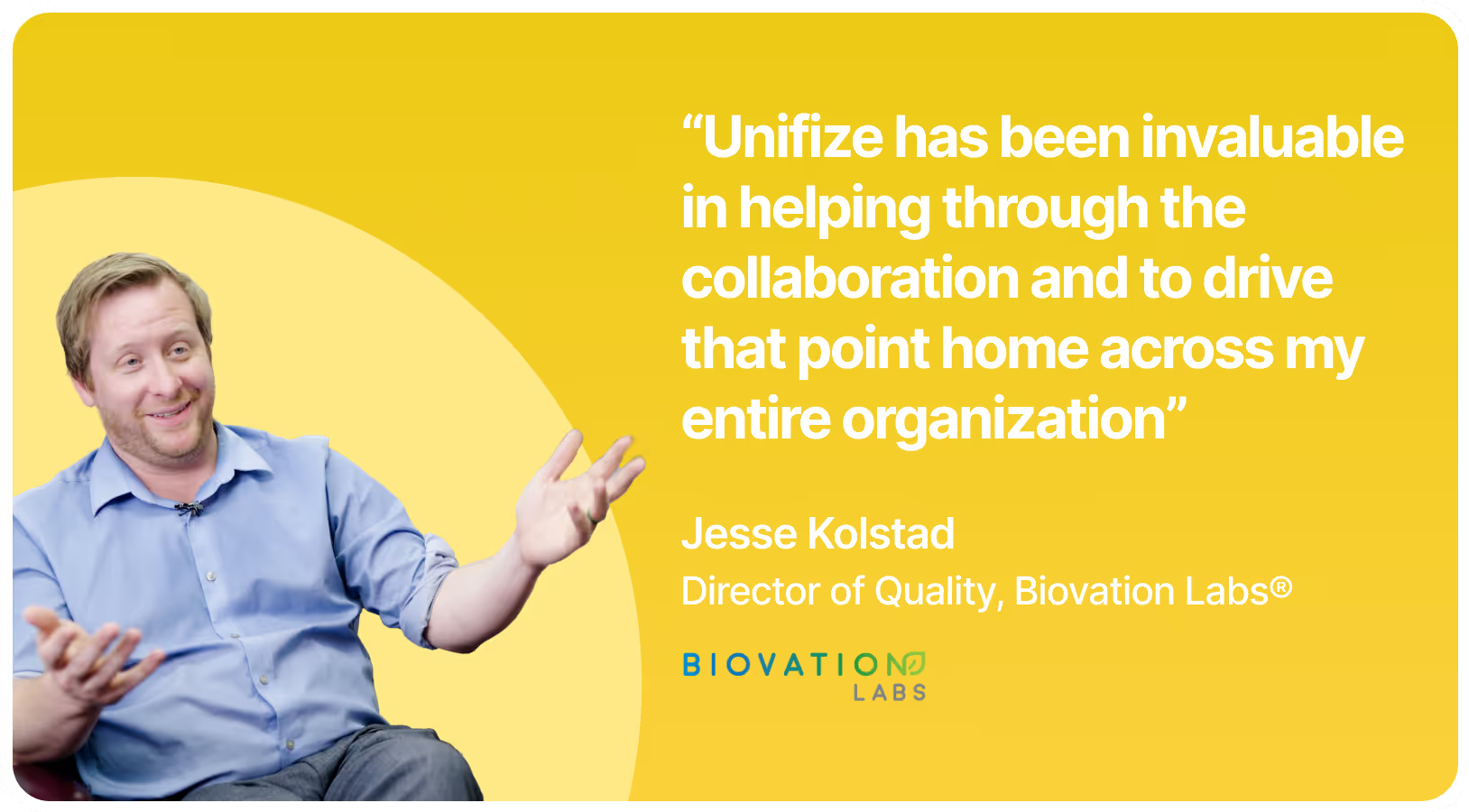Content Library
00:00 - 00:08
I think that and this is not just a domestic concern, but it's definitely in the minds of our consumers all around the world.
00:08 - 00:31
Being able to present your supply chain in a way that's completely transparent and accountable towards sustainability is affecting how everyone is doing new product development right now, whether it's on the product side or it's on the the ingredient side or the raw material component side all the way up to, to where things are being sourced at plantations and stuff like that.
00:31 - 00:40
Two very important trends that we need to pay attention to is the biodegradability of raw, not just the raw material components, but also the final product itself.
00:40 - 00:44
That has become a must have for any new product now.
00:44 - 00:55
This kind of dovetails also into new regulations on microplastics from the EU, that's also greatly affecting development of synthetic polymer technology being leveraged inside of raw materials.
00:55 - 01:19
The fact that microplastic regulation is the traditional old thickening technology that has been used by not just first world, but also second and third world, third world countries can't be used anymore going forward by the biggest customers in the world. The Unilever's to P&Gs, they all have action plans in place to completely eliminate anything in their portfolio that could be considered a microplastic or isn't biodegradable in some way.
01:19 - 01:25
So we're not just talking about the lotions and creams. You're also talking about laundry detergents and the home care goods and things like that.
01:25 - 01:35
If your new products aren't taking those things into account, if you're still trying to use old tech and trying to rebrand as part of burgeoning sales, it's just not going to work.
01:35 - 01:50
It needs to be biodegradable. It needs to be tested to the types of guidelines set out by governing authorities. And it cannot be considered a microplastic because sustainability overall is still, I think, the dominant trend in the NPD.
Trends in New Product Development

Customers
Denis's experience with Unifize: Revolutionizing quality assurance systems
Quality expert Denis details his transformative journey with Unifize. He praises its efficient design, user-centric approach, and the system's ability to streamline data handling and accelerate time to market.

Customers
Harmonic Bionics and Unifize: A seamless transition to regulatory compliance
Clarissa Archer shares her experience integrating Unifize into Harmonic Bionics, underscoring its value in streamlining change control, facilitating communication, and ensuring robust documentation for regulatory compliance in the medical device sector.

Customers
Engineering efficiency with Unifize: Michael Hogan's insights from Harmonic Bionics
Mechanical Engineer Michael Hogan elaborates on how the integration of Unifize at Harmonic Bionics has streamlined his engineering processes, promoting transparency and rapid turnaround in the medical device domain.

Customers
Here’s how Biovation Labs reduced testing costs from $146K to $65K in two months
Learn how and why Biovation Labs, an FDA regulated nutraceutical manufacturer based in Salt Lake City, took the decision to transition from MasterControl to Unifize for their product lifecycle (PLM) and quality management (QMS) processes.

Customers
How a quality veteran from boosted issue closure time by 75% within the first month
Tedd Carr from The Will-Burt Company discusses overcoming their diverse and complex quality challenges across various sectors with Unifize. By consolidating five systems into one, they achieved clear accountability and reduced issue closure from months to days, demonstrating significant efficiency gains and faster decision-making in their quality processes.





